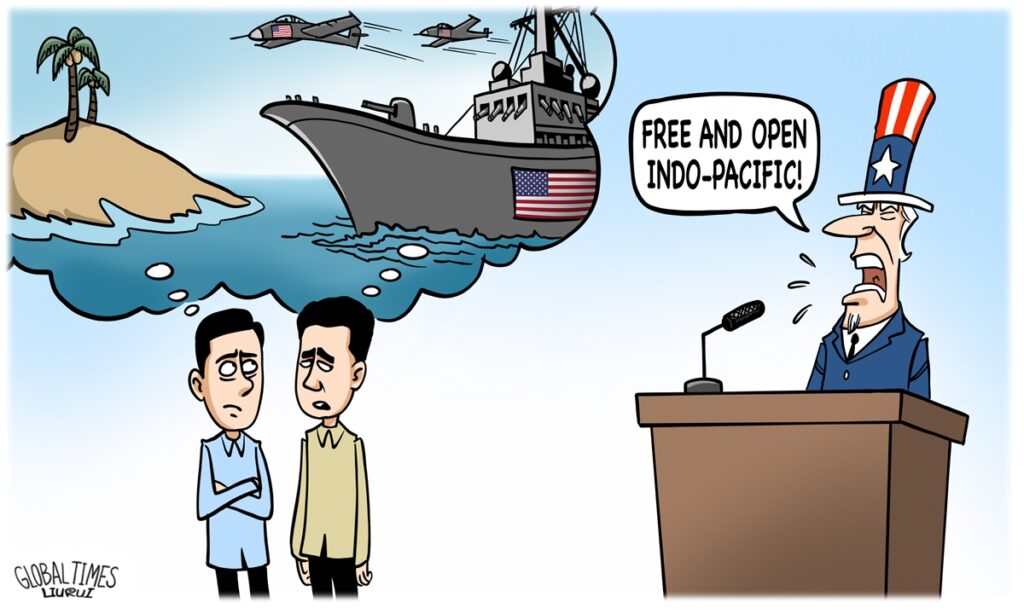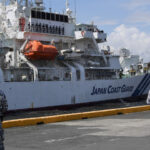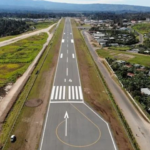In an interview published in the Sydney Morning Herald on Monday, US Deputy Secretary of State Richard Verma warned the Pacific nation of Papua New Guinea (PNG) about the “high cost” of Chinese commitment to defense or investment. Clichés like “false promise of authoritarian regimes” and “debt trap” were also used in his speech to further smear China.
The comments were made in response to the revelation by PNG’s Foreign Minister Justin Tkachenko last week that his country is in early talks with China on a potential security deal.
Verma’s attacks on China are highly politicized, disregarding the practical need for China to cooperate with PNG in terms of security: Chinese businesses were attacked and Chinese nationals were injured during riots in PNG last month.
Security cooperation between China and many South Pacific countries, including PNG, is different from the one promoted by the US in the region. China aims to protect local Chinese businessmen and Chinese nationals, while the US wants to deploy troops and establish military bases in the region. There is a stark contrast between the two: One is about construction and stabilization, and the other is about destruction and destabilization.
The US does not want China to have any impact on the development of the Pacific island countries or play a constructive role in the local political, economic, or governance system. To some extent, the US doesn’t even want regional situation to be stabilized so that China’s economic presence in the region could be weakened.
When talking about China’s cooperation with the region, Verma said that there are “other options out there” for South Pacific countries. What he really implies is that the US and its allies should become the alternative. However, is the US really the best option for regional countries? To answer this question, let’s dive deep into US cooperation with South Pacific countries through two facts.
Fact one: Reuters reported in July 2023 that a maritime law enforcement agreement between the US and PNG includes a new provision to allow US Coast Guard officers to board and search a suspect vessel on PNG’s behalf, without the requirement for a PNG law officer to be present as a “ship rider.” This is a serious violation of PNG’s sovereignty. So who exactly is making the Pacific islands countries, such as PNG, pay for a high cost, including sacrificing their sovereignty?
Fact two: The White House promised in 2023 that it would provide more than $7 billion over the next two decades for economic assistance to three Pacific island countries that signed Compacts of Free Association (COFA) with the US. Yet COFA was excluded from the 2024 National Defense Authorization Act, a vital legislation that clarifies the country’s military and other critical defense priorities in the new year, jeopardizing the prospects of US promises. This proves that the US is using economic aid to coax regional countries. So which country exactly is more likely to make false promises to the South Pacific countries?
Against this backdrop, it is ridiculous for Verma to blatantly say that the US “has been and remains a Pacific-minded country.” This intends to emotionally bring the Pacific island countries closer to the US, showing that the two sides are in the same “camp.” However, this is another trick by Washington to justify its current policy of deepening its ties with regional countries.
Actually, if the US is a Pacific-minded country as it claims, then why has it engaged very little with South Pacific countries or even neglected their development for so many years?
By giving itself the title of “a Pacific-minded country,” the US is exposed to hold expansionist and hegemonic ideology toward the Pacific region. In its strategic intentions, it wants to interfere in regional affairs, strengthen its military presence, and promote military cooperation. On the other hand, under the Cold War mentality, it tries to mislead regional countries by hyping the “threats” from China.
The US is obsessed with the idea that it is the only hegemon in the Pacific region to tell regional countries what they can and can’t do. This should raise great alarm for Pacific island countries seeking peace and development. At the same time, these countries should not be enticed by Washington’s empty promises and elaborate lies.




